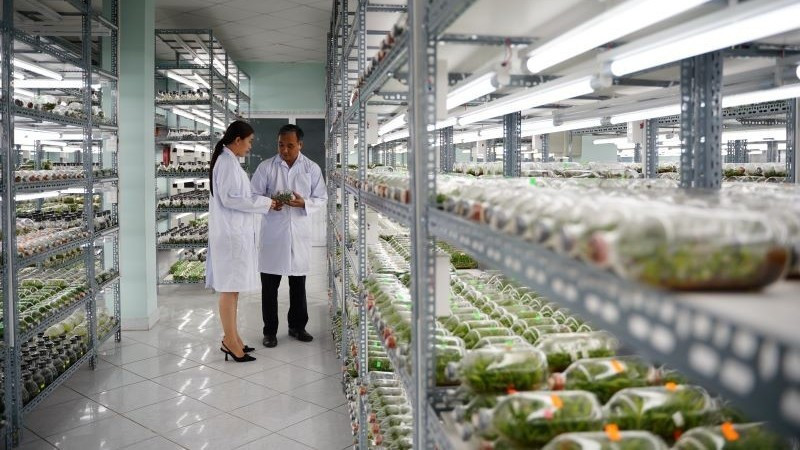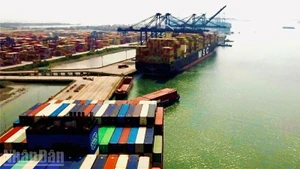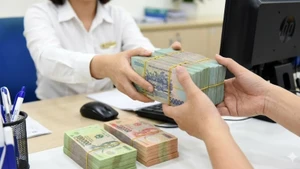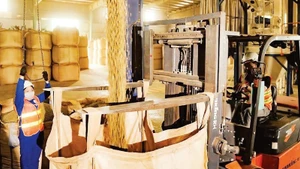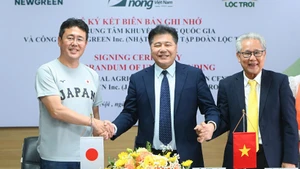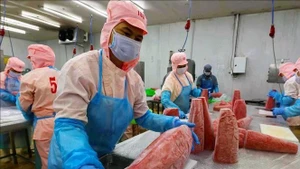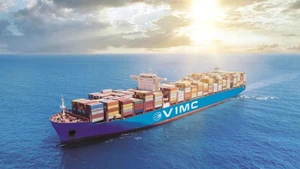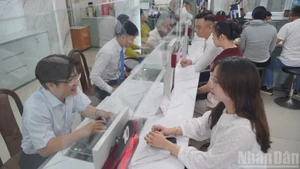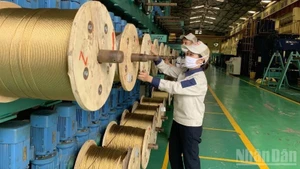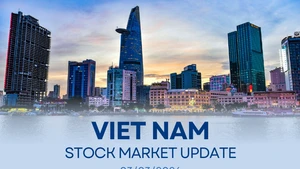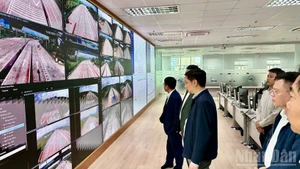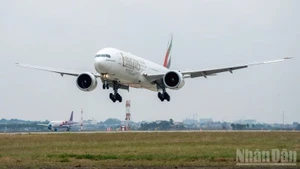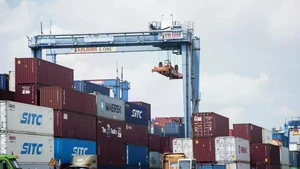Thanks to the dynamism of cooperatives and enterprises, along with strong support from the city’s agricultural sector, high-tech farming models have delivered impressive results, enhancing the value and competitiveness of local agricultural products.
A model for digital transformation in agriculture
For many years, Tuan Ngoc Agricultural Cooperative in Long Truong Ward, Ho Chi Minh City, has taken the lead in applying digital technology to its hydroponic vegetable production processes. The cooperative not only focuses on technological innovation in management but also integrates circular agriculture principles to promote sustainability.
By reusing resources such as coconut fibre from hydroponic production, Tuan Ngoc Cooperative has improved ecological efficiency and reduced agricultural waste. Through the combination of digital transformation and circular agriculture, Tuan Ngoc has emerged as a model of sustainable agricultural production in Ho Chi Minh City, contributing to both economic development and environmental protection.
According to Lam Ngoc Tuan, Director of Tuan Ngoc Agricultural Cooperative, the cooperative has recently accelerated digital transformation activities to optimise production processes, improve product quality and meet growing market demands.
Specifically, the cooperative has integrated Internet of Things (IoT) sensor systems into its hydroponic vegetable farming model. These sensors continuously monitor key parameters such as humidity, temperature, light intensity and nutrient concentration in the water. The collected data is automatically analysed, helping operators make timely adjustments to maintain optimal growing conditions.
In addition, the cooperative uses management software to monitor the entire production chain—from planting to harvesting and distribution—optimising resources, reducing waste and increasing productivity.
Products are labelled with QR codes, allowing consumers to quickly and transparently trace their origins. The cooperative also organises training programmes to improve members’ digital skills, ensuring everyone can participate effectively in the digital transformation process.
According to Lam Ngoc Tuan, Tuan Ngoc Cooperative is also building a database on crops, environmental conditions and production efficiency to generate forecasts and refine cultivation processes in the future, advancing toward precision and sustainable agricultural production. These efforts enhance competitiveness and strengthen consumer trust through safe, traceable products.
Toward a modern agricultural sector
Following its merger with Binh Duong and Ba Ria–Vung Tau Provinces, Ho Chi Minh City’s agricultural sector is prioritising digital transformation to restructure and upgrade its agricultural economy.
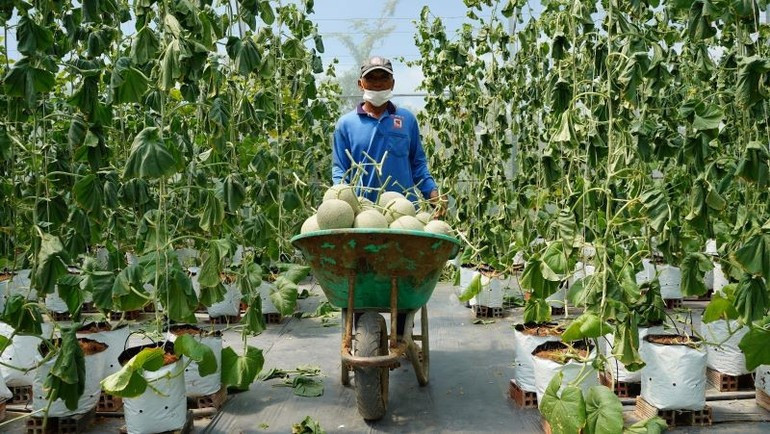
This is considered one of the key solutions for promoting economic restructuring and transitioning agricultural production toward high-tech models. The city is focusing digital transformation efforts on key crops and species such as vegetables, flowers and ornamental plants, pigs, brackish-water shrimp, ornamental fish and fruit trees.
Experts note that Ho Chi Minh City considers digital transformation a central task, aiming for growth based on technological foundations. The city continues to expand high-tech and automated agricultural practices to boost productivity, quality and efficiency while minimising environmental impact.
At the same time, the city is working to attract more business investment in agriculture, creating a foundation for advancing high-tech and digital agriculture.
The sector is shifting from traditional farming to smart, data-driven production through the use of Internet-based tools for data collection, farm management software and resource optimisation. Several major enterprises have already adopted high technology and information systems in their production, distribution and sales processes.
However, the digital transformation journey still faces challenges. Most agricultural production remains small-scale, making it difficult to apply advanced technologies. Many farmers lack skills on information technology and digital transformation, and the initial investment costs for digital systems and traceability solutions remain high, posing financial barriers for smallholders, especially in underdeveloped rural areas.
Experts stress that to ensure successful agricultural digital transformation, the city must improve human resource quality, encourage farmers and cooperatives to consolidate land for specialised production zones, develop comprehensive data platforms and support farmers in accessing technology investment loans.
According to Dr. Pham Dinh Dung, Head of the Management Board of the Ho Chi Minh City High-Tech Agriculture Zone, global and domestic experiences show that developing high-tech agriculture is the inevitable trend to enhance the added value of agricultural products.
Ho Chi Minh City has defined a strategic vision for high-tech agriculture based on the application of science and technology in production, aiming not only to produce high-quality agricultural goods but also to promote eco-tourism. The value created by high-tech agriculture not only delivers tangible benefits to farmers but also strengthens the city’s sustainable socio-economic growth.
